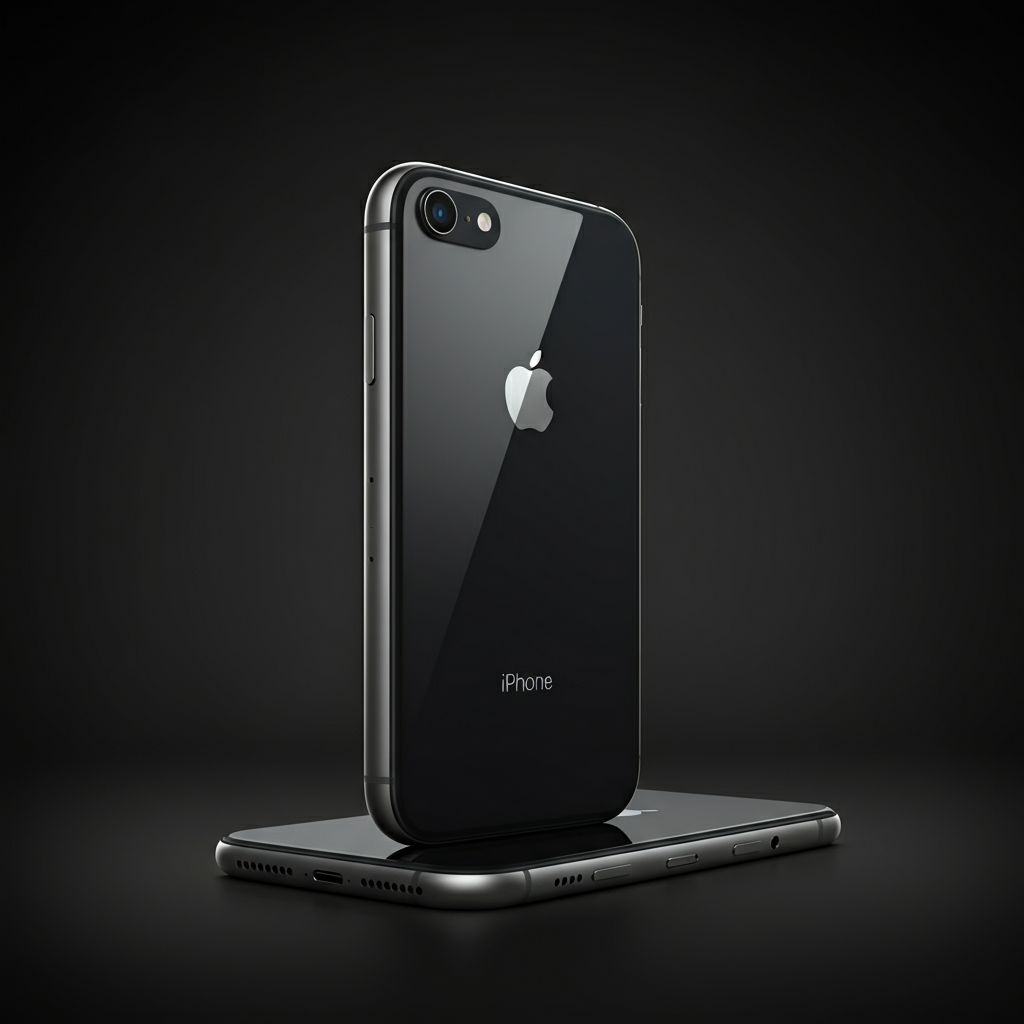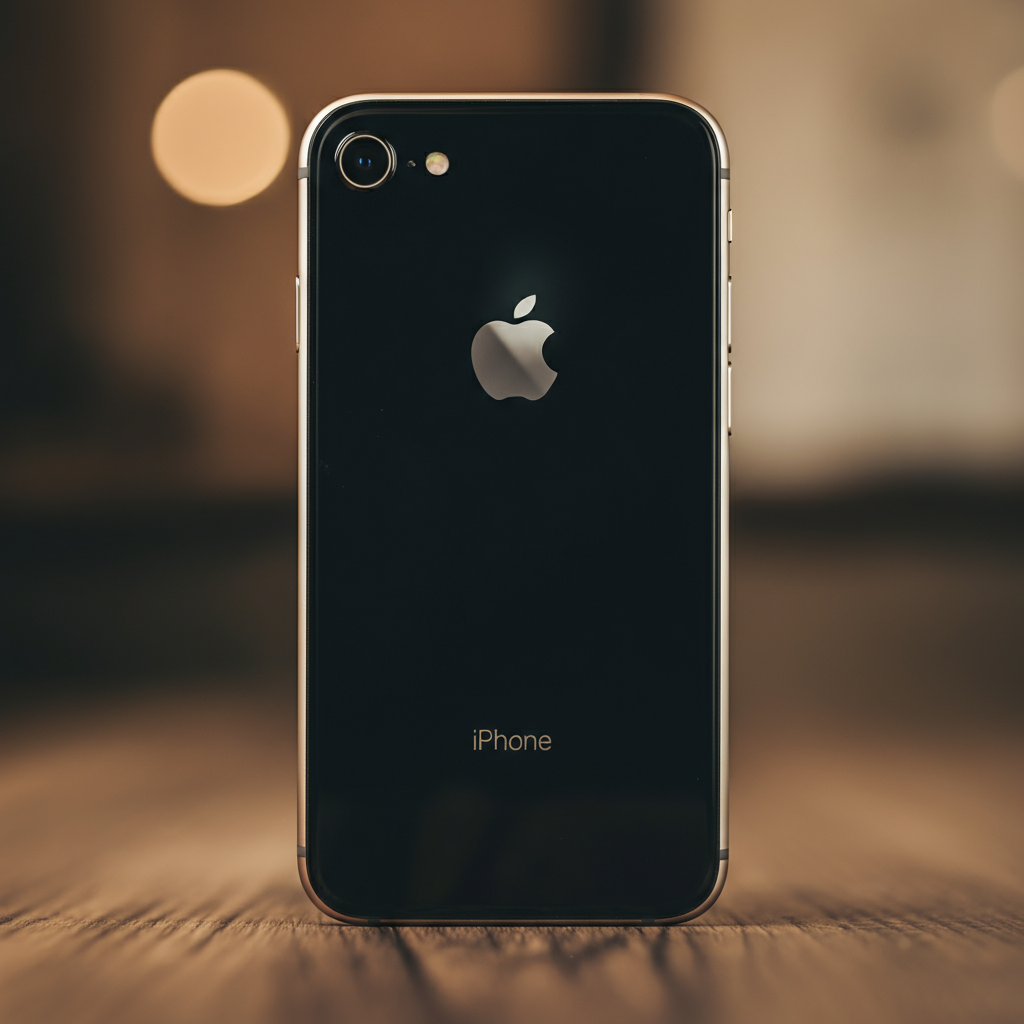Apple’s iPhones have long been considered premium devices in the smartphone market, and their higher price tags are a hot topic of debate. Tech enthusiasts, budget-conscious shoppers, and loyal Apple users often ask, “Why are iPhones so expensive?” or “Why is the iPhone so costly?”
While some might consider Apple an aspirational brand, the pricing of iPhones is not just about status; it’s a combination of superior design, ecosystem integration, research investments, and strategic market positioning. If you’re curious about what makes iPhones stand out and whether they justify their higher prices, keep reading as we break it down.
The Premium Build Quality
One of the standout reasons for the iPhone’s price is its exceptional build quality. Apple uses premium materials in its devices, including surgical-grade stainless steel, ceramic shield glass, and custom silicon chips, such as the A-series processors. These materials provide durability, a sleek aesthetic, and a high-quality feel that consumers expect from a luxury product.
For example, while budget-friendly smartphones often rely on plastic or aluminum, Apple ensures that even its lowest-tier models maintain a premium look and feel. The ceramic shield glass, introduced in recent models, offers unparalleled protection, making iPhones among the most durable high-end smartphones available.
This focus on quality doesn’t just influence aesthetics; it ensures iPhones maintain their performance and appearance over time, contributing to their resale value.
The Power of Apple’s Ecosystem
Apple’s seamless ecosystem is another major factor in why iPhones are so expensive. When you buy an iPhone, you’re not just purchasing a smartphone but entering a well-connected world of devices and services.
Here’s how the Apple ecosystem adds value:
- iCloud: Sync your photos, messages, and files effortlessly across all Apple devices.
- iMessage and FaceTime: Communicate with other Apple users through exclusive, secure channels.
- Compatibility with devices like the iPad and Apple Watch: Features like Handoff, AirDrop, and Continuity Camera genuinely elevate user experience.
- Superior integrations for productivity: Start work on your iPhone, continue it on your MacBook, and attend meetings seamlessly via your Apple Watch.
This level of integration is hard for competitors to match, making the iPhone a central hub for those invested in the Apple ecosystem. The added convenience and functionality justify the higher cost for many users.
Longer Software and Security Support
One area where Apple consistently outshines competitors like Samsung and Google is its commitment to software longevity. With iPhones, you can expect around 5-6 years of software updates, ensuring security and access to the latest iOS features for an extended period.
Most Android devices receive major updates for only 3-4 years. Apple’s dedication to security patches means your personal information is better safeguarded, a significant advantage in today’s technology-dominated world.
This long-term support improves the user experience and increases the value of your investment, making iPhones a more durable choice over time.
Heavy Investment in Research and Development
Innovation is another reason why iPhone prices trend higher. Apple spends billions of dollars annually on research and development (R&D) to stay ahead in the tech industry. Whether improving the camera system, introducing advanced face recognition, or developing cutting-edge chips like the A17 Pro, these innovations require years of testing and refinement.
For instance, newer iPhones are often the first to adopt custom-designed components that marry hardware and software seamlessly—something competitors don’t easily replicate. Features like machine learning, advanced AR capabilities, and battery efficiency stem from this substantial R&D investment, which drives cost but results in groundbreaking technology.
Market Position and Brand Value
Apple positions the iPhone as a luxury smartphone, giving it prestige that is not seen among many competitors. This premium positioning allows Apple to charge higher prices because its brand is synonymous with reliability, design, and status.
Here are some notable statistics that demonstrate Apple’s dominance:
- 30% of the global smartphone operating system market belongs to Apple.
- 56.68% market share in Australia, a testament to the iPhone’s pervasive popularity among premium users.
Interestingly, Android counterparts—like Samsung’s Galaxy lineup or Google’s Pixel phones—often price their models lower to capture a different market segment. However, even flagship Android devices like the Galaxy Ultra models and Pixel Pro XL series have entered iPhone price territory, showing Apple’s influence in defining high-end pricing trends.
Why iPhone Refurbished Models Are a Smart Choice

If the iPhone’s price feels out of reach, don’t worry—there are cost-effective ways to own one without compromising quality. Refurbished iPhones are an excellent option for budget-conscious buyers.
Here’s why refurbished iPhones stand out:
- Significant Savings: Refurbished models can cost up to 10-50% less than new ones while retaining similar functionality.
- Thorough Quality Checks: Authorized sellers ensure devices are tested, repaired if needed, and certified to work like new ones.
- Eco-Friendly: Buying refurbished promotes sustainability by reducing electronic waste.
Whether you’re eyeing the latest iPhone 15 refurbished model or a slightly older option, refurbished devices offer premium features at a fraction of the cost, making them a brilliant choice for savvy shoppers.
iPhone vs Samsung Price Comparison
Although Apple leads with its premium pricing strategy, it’s worth noting that some Android competitors have developed equally high-priced models. For example, the Samsung Galaxy S24 Ultra exceeds the premium iPhone Pro Max pricing in certain configurations.
Here’s a quick comparison:
- iPhone 16 Pro Max 256GB –USD 2147
- Samsung Galaxy S24 Ultra 256GB – $2,199 AUD
Despite these high prices, iPhones tend to hold their value better in the long run, underscoring their appeal as an investment.
The World’s Most Expensive Phone

Regarding luxury in the smartphone market, some models surpass even the premium pricing of flagship devices. The world’s most expensive phone isn’t just about cutting-edge technology; it often reflects a blend of craftsmanship and extravagance, incorporating precious metals, diamonds, and custom designs. While mainstream choices like the iPhone 16 Pro Max or Samsung Galaxy S24 Ultra may seem costly, they pale compared to custom luxury phones created for the ultra-wealthy. These bespoke devices can reach millions in price, highlighting the convergence of technology and high-end luxury.
Are iPhones Worth the Cost?
After examining why the iPhone is so expensive, one question remains—are they worth it? For many, the answer is yes. With premium materials, unmatched ecosystem integration, extended software support, and cutting-edge features, iPhones deliver a level of quality rarely matched.
The iPhone is a smart investment if you value durability, innovation, and seamless integration. For budget-conscious buyers, refurbished models offer premium quality at a fraction of the price. With superior software support, cutting-edge features, and unmatched reliability, the iPhone is perfect for tech enthusiasts and everyday users. Explore refurbished models or the latest releases today and experience the best smartphone technology. Don’t wait—find your perfect iPhone now!
FAQs About Why Are iPhones So Expensive
1.Why are iPhones more expensive than Android phones?
iPhones are crafted using high-quality materials, supported by an unmatched ecosystem, and come with leading-edge features. Compared to Android phones, Apple maintains strict hardware and software integration, ensuring optimized performance and long-term software updates, which contribute to higher prices.
2. Are refurbished iPhones a good option?
Yes, refurbished iPhones are an excellent choice for budget-conscious buyers. They undergo meticulous testing, often come with warranties, and offer the premium iPhone experience at a more affordable price.
3. How do iPhones perform in terms of longevity?
iPhones are known for their durability and extended software support. Regular updates keep the devices secure and functional for years, outlasting many competing smartphones.
4. What if I prefer a budget-friendly smartphone?
Consider purchasing older models or refurbished options if a new iPhone exceeds your budget. These offer robust performance and access to Apple’s ecosystem at a reduced cost.
5. Is the iPhone’s ecosystem worth it?
The Apple ecosystem provides seamless integration between devices like the iPhone, iPad, Mac, and Apple Watch. This interconnected system enhances convenience and productivity, making it one of the main reasons users choose iPhones.
6. Can I trade in my old iPhone for a discount on a new one?
Apple’s trade-in program allows you to exchange your old iPhone for credit toward a new model, making upgrades more affordable.